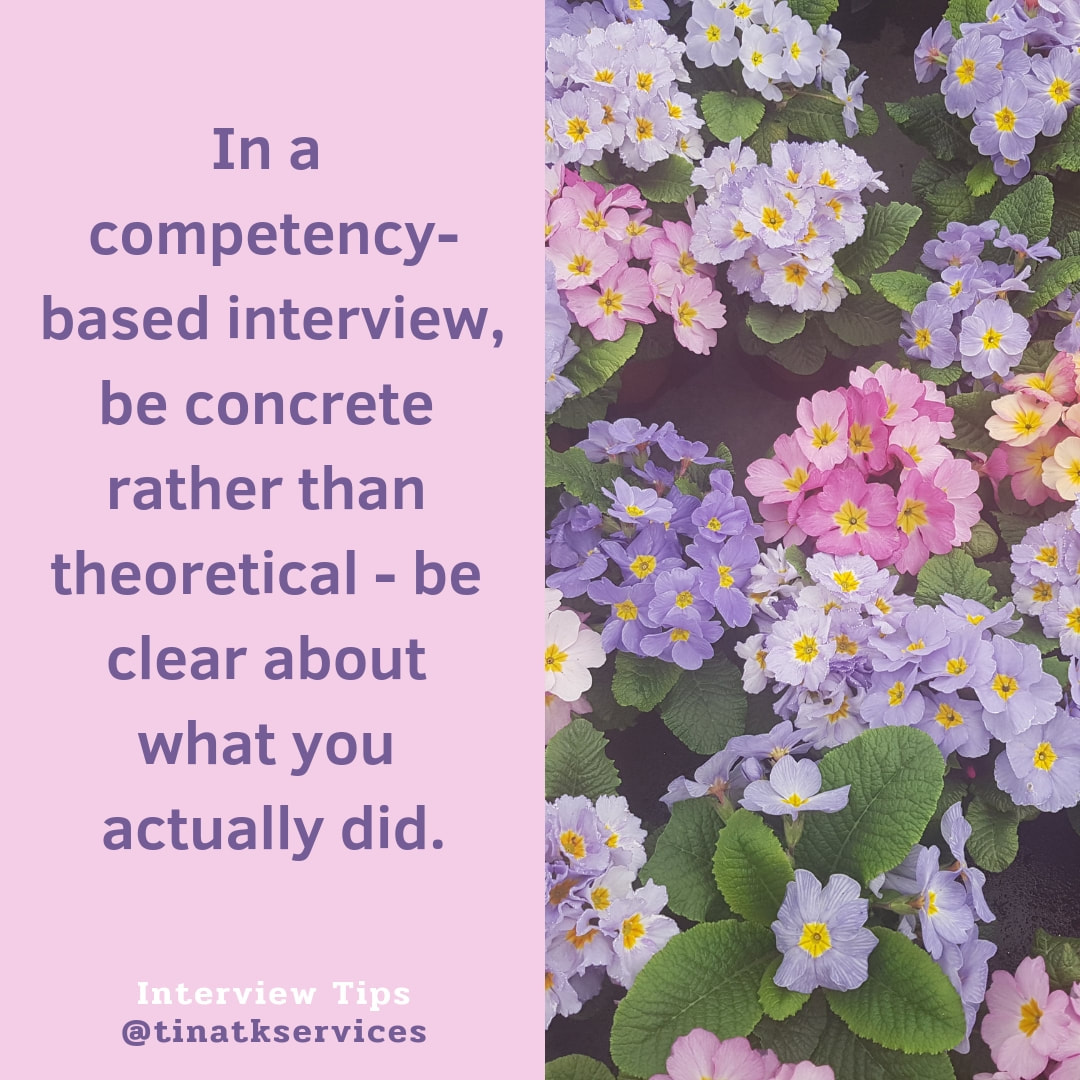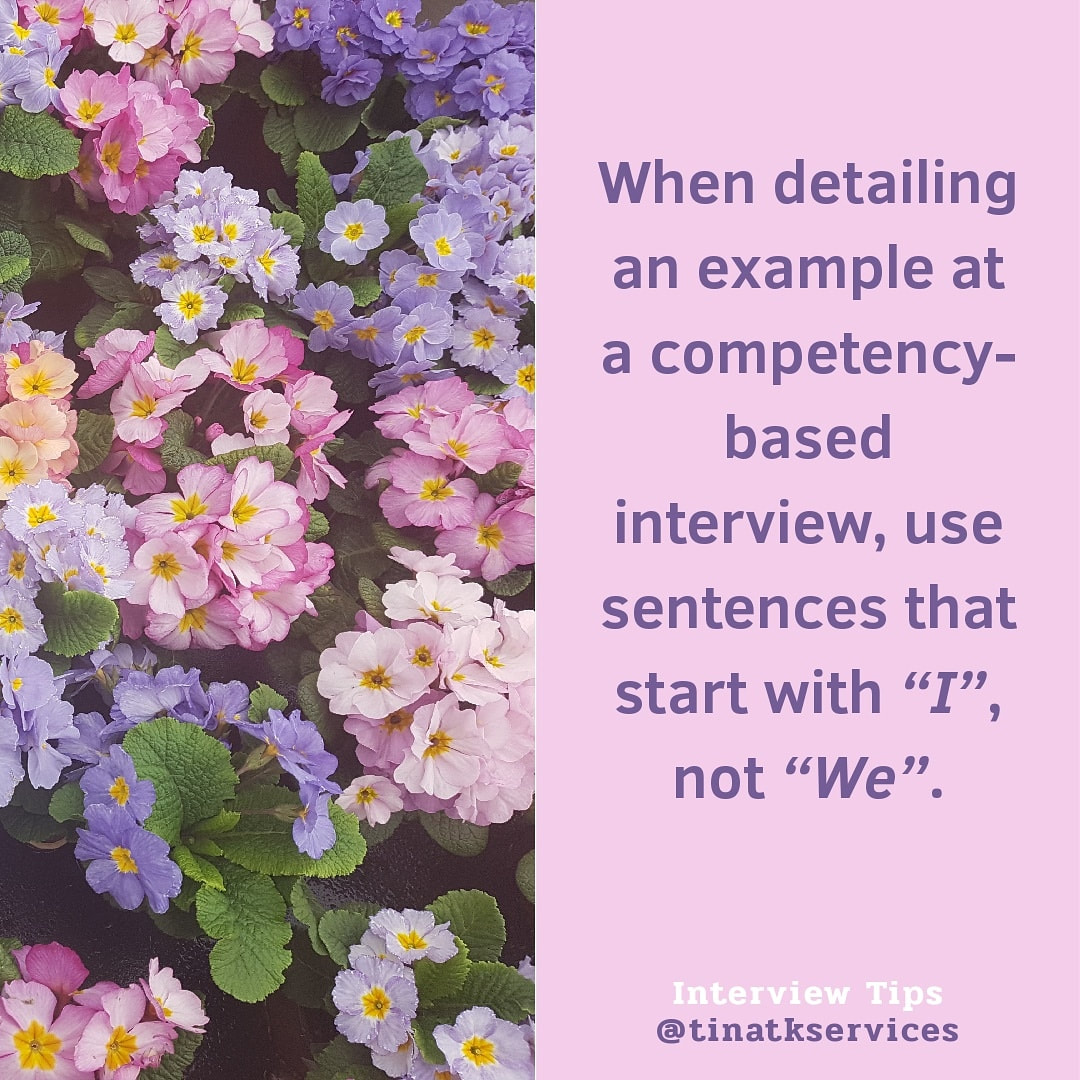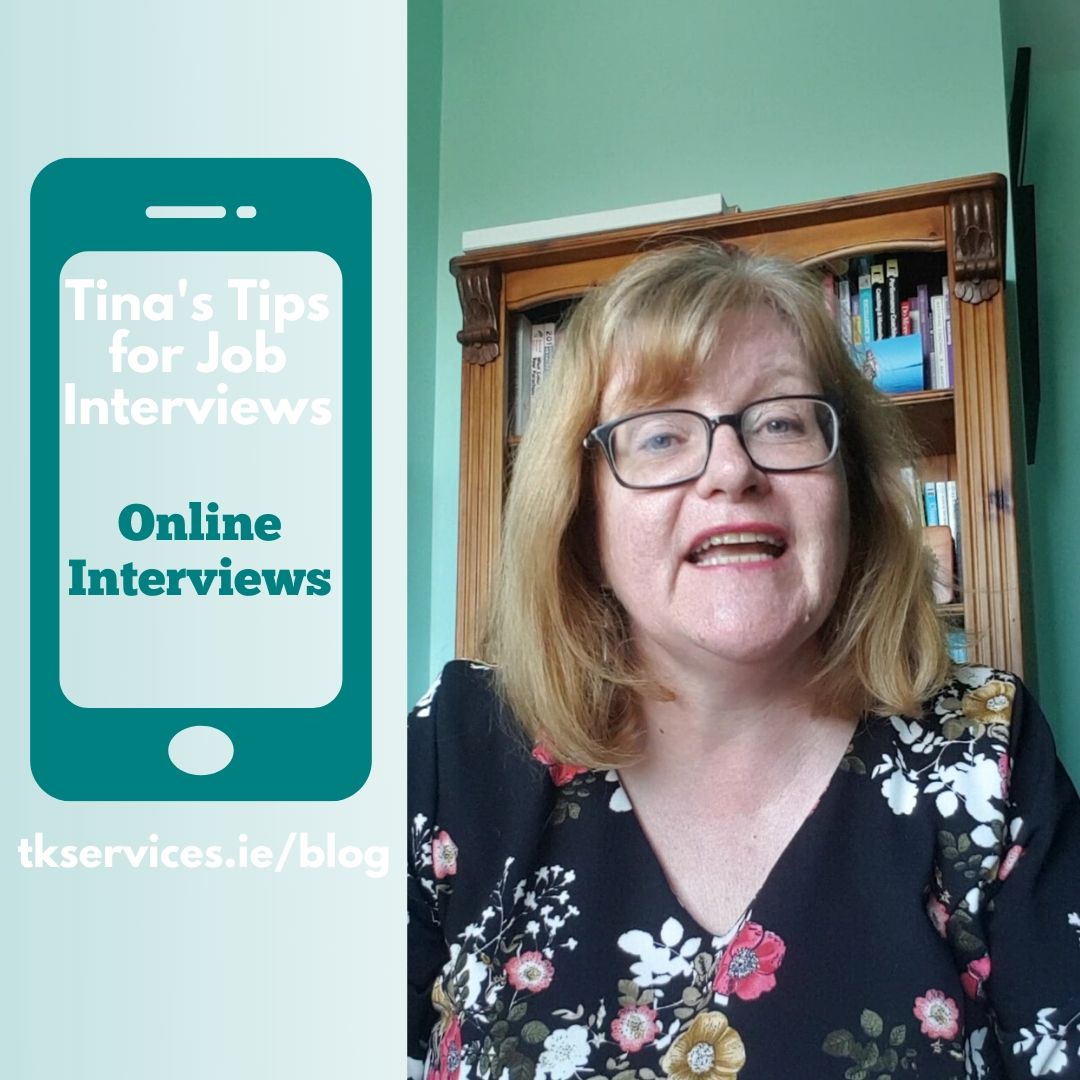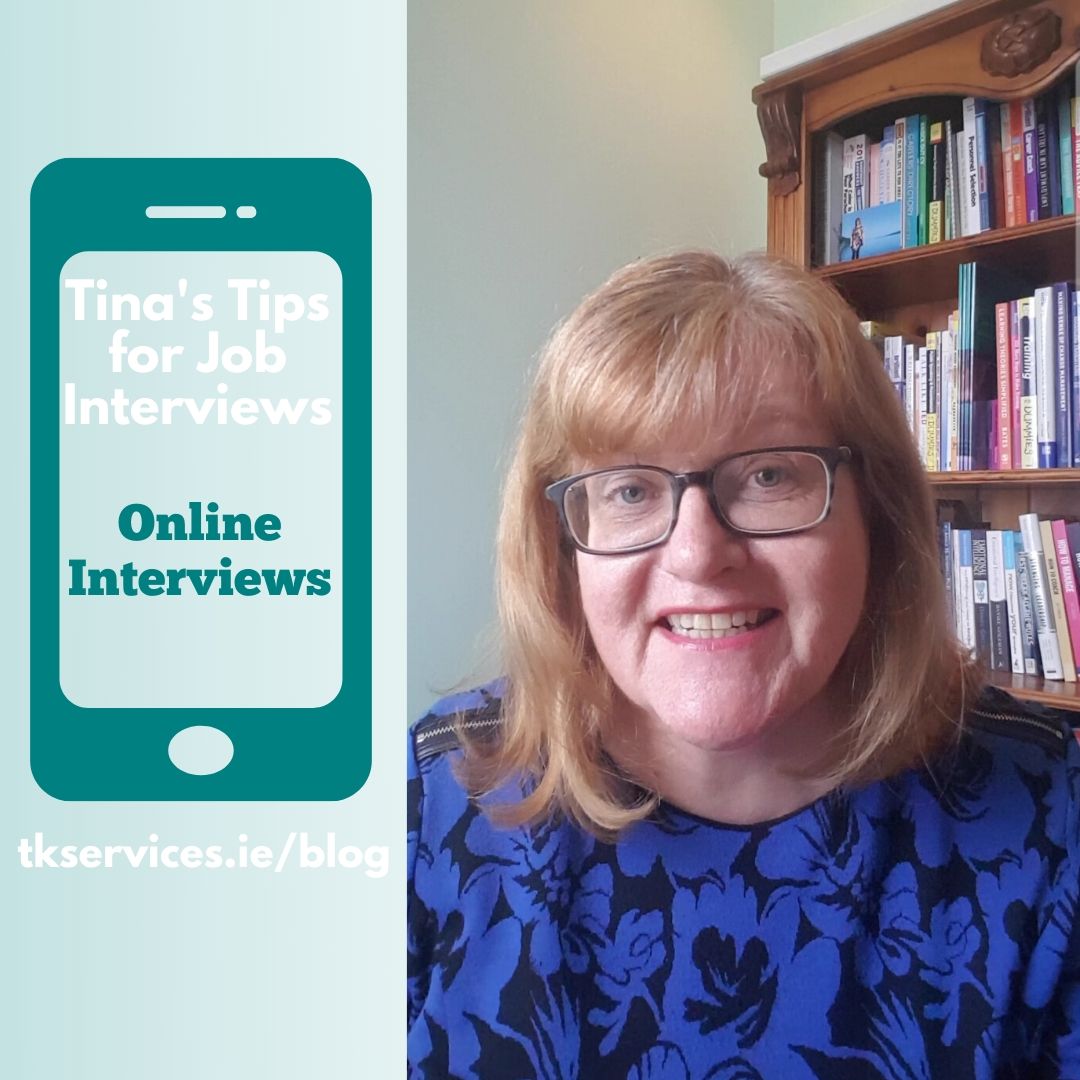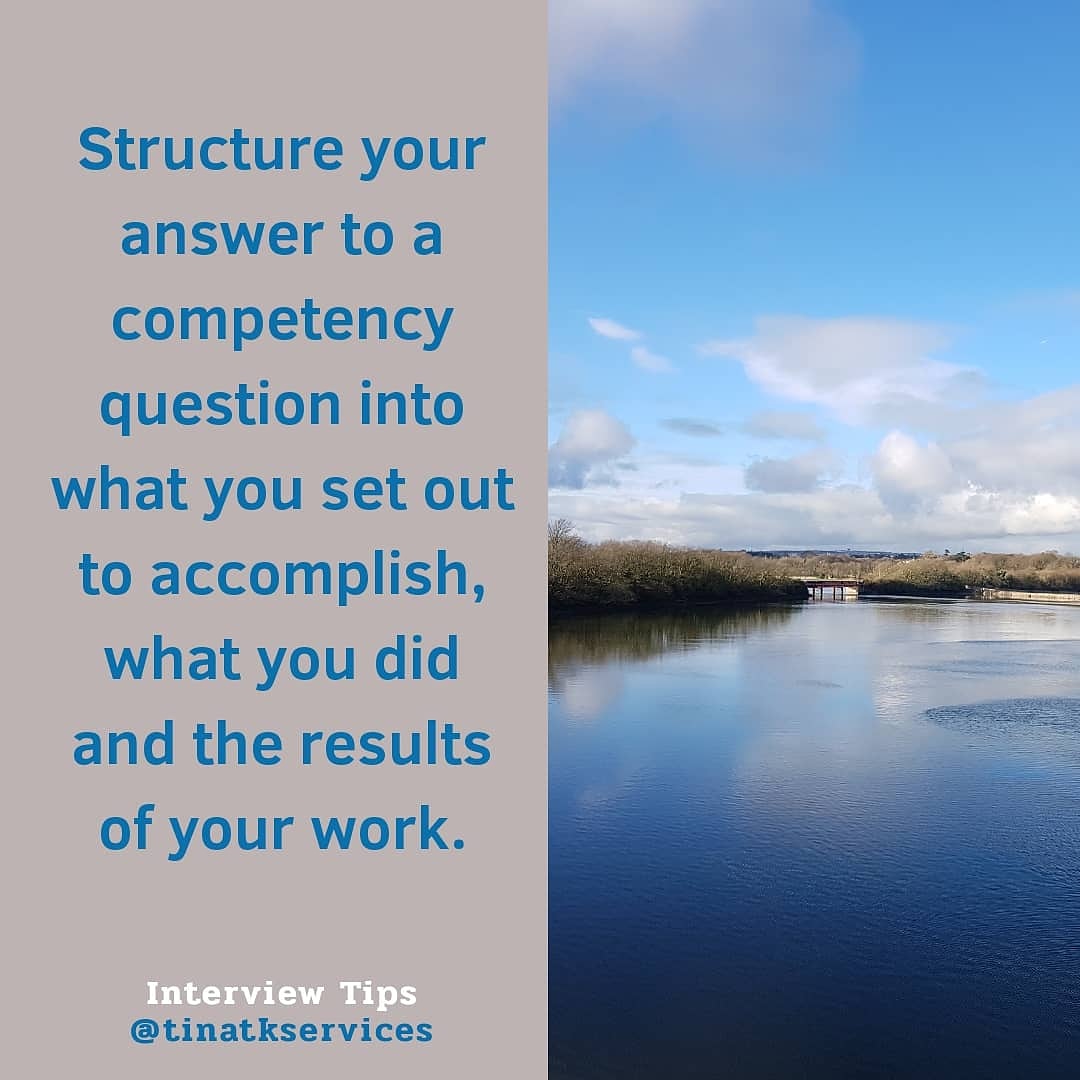Don’t let the first time you answer a question out loud be in the interview itself. Instead you should do some of the following:
When you are waiting to be called into your interview, calm your breathing and relax your shoulders. When we are nervous, our voices dry-up, so sip some water before you start the interview. This will also help ground you and bring you into the present moment. At the start of the interview remember to shake hands (if face-to-face), smile, make eye contact and then sit up straight.
Pay attention to your body language before and during the interview - our body language influences how we think and feel about ourselves, which in turn changes our behaviour and changes our outcomes. It’s a little bit of “fake it until you make it”, which research by Amy Cuddy shows is more like “fake it until you become it”.
If your interviewers ask you to describe how you managed a team, they are looking for exactly that, an example of when you managed a team and, specifically, the detail of how you managed that team in a particular situation. You need to outline the detail of the actions you took in managing. Focus mostly on what you did and include a little bit of why you took that approach.
This is where your homework will stand to you, as you really need to be clear and confident of the detail of what you have done, even if the work you are describing is from a few years ago. You need to include specifics and be concrete in the information you include in your answer.
Good interviewers won't let you away with using "we" and will prompt you to keep your answers to what you did and your unique contribution. However, time is being wasted when we have to do this with a candidate, time you could have been earning more marks. You need to be clear about what you did versus what others did to achieve the outcome in your answers. Ambiguity about this will impact your scores negatively.
Yes, I know for many it doesn't come naturally to say "I" and you want to show you are a team player (which I hear frequently from interview coaching clients), but it's only you at the interview and only you looking to get that role or be promoted. So if you find yourself saying "we" a lot, practice saying "I" (and then practice again)!
But if, like me, you wear glasses (even with anti-reflective coating) then facing directly into the light source can leave a glare or reflection on your glasses, especially when moving your head as you talk. I find that sitting facing the window, and then moving myself and my device so I am facing a little away from the window (not completely turning my side to the windows, but just having the window at a diagonal) seems to work best for me (and my glasses!). The picture accompanying this blog shows how I appeared on my phone's camera when following all of this advice. This video on my Facebook page shows you what I mean.
Follow this structure for your competency answer:
The interviewers need to understand about the context to help them in judging your actions and the outcome. This should be as brief as you can make it - some candidates explain far too much about the industry or organisation or section, while not spending enough time talking about what they have actually done.
The actions you outline allow the interviewers to match your experience to the definition of the competency and the requirements of the new role. This section should be the longest. Make sure you keep the competency in mind and use the example to demonstrate evidence of the competency. The outcome or results of your actions give the interviewers some indication of the contribution you made, the impact your work had and the quality of your work. The same advice about this structure of an answer applies when completing a public sector application form that asks you to answer competency questions on the form. |




